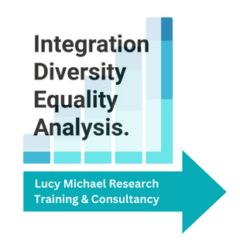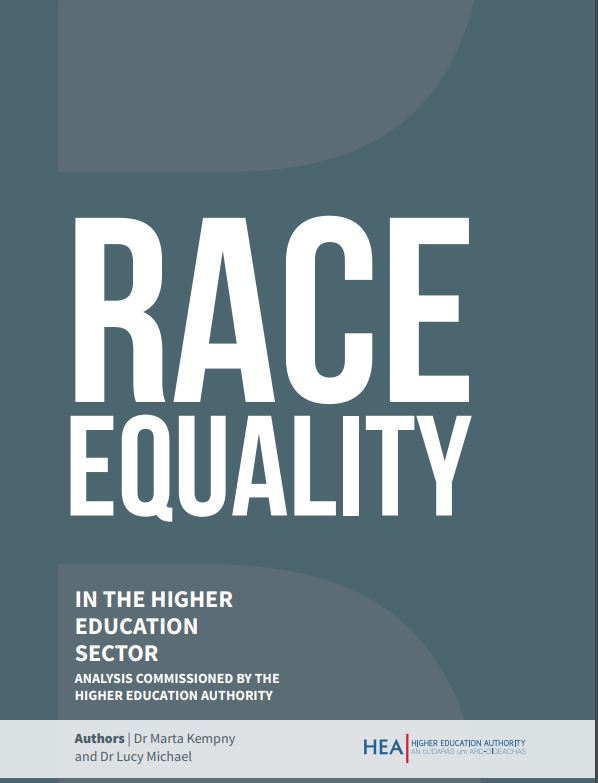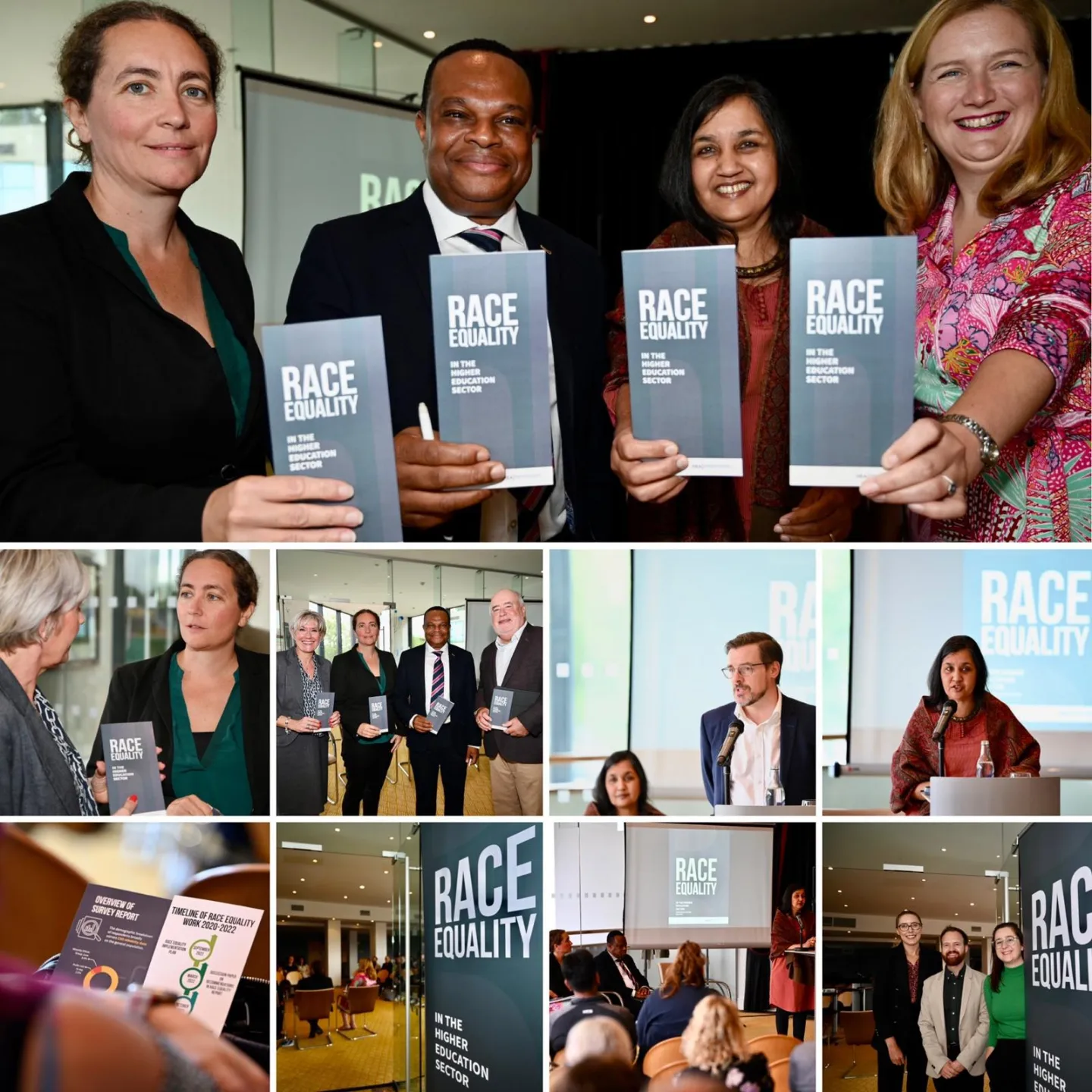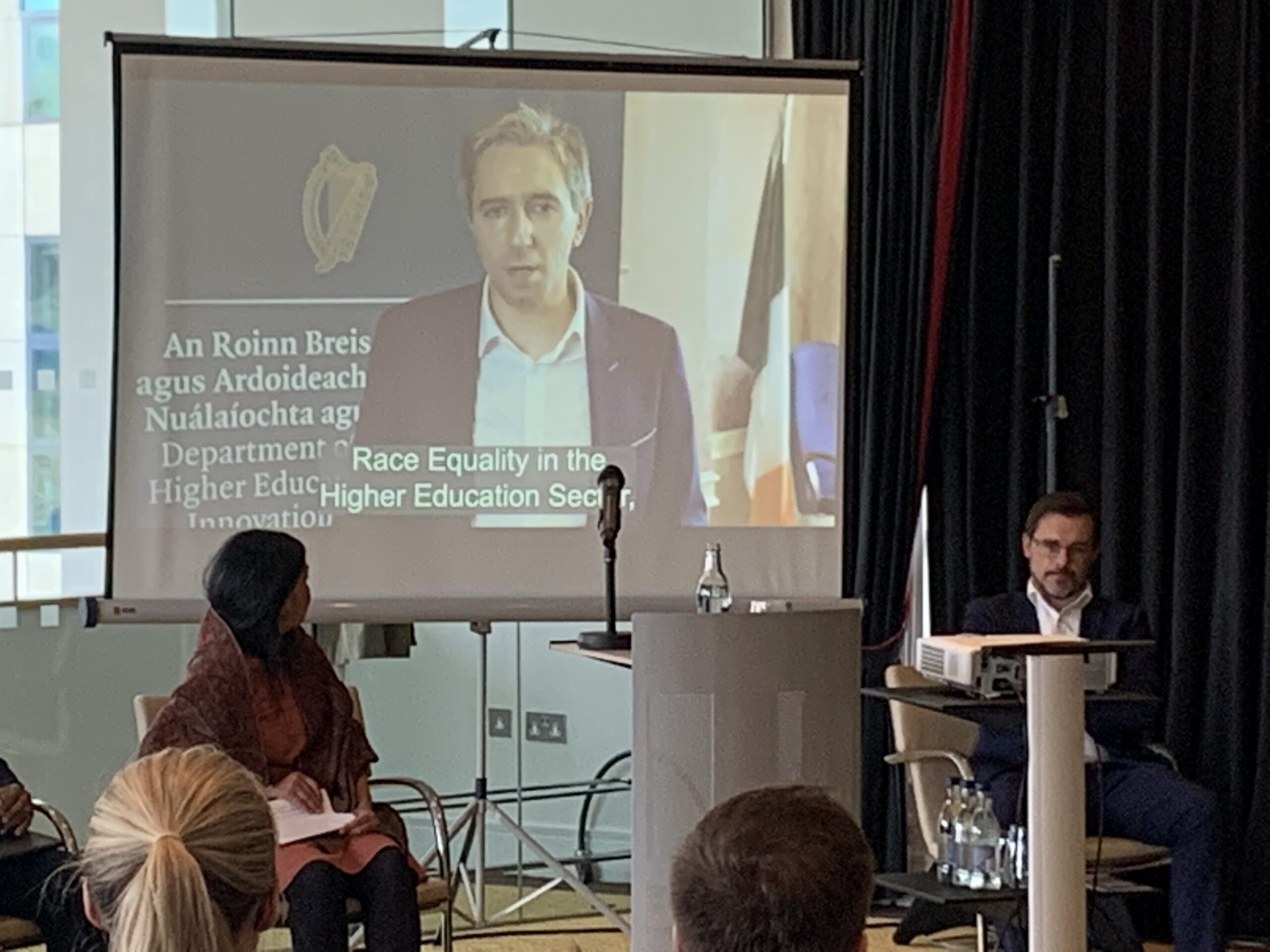A new report Comparing migrant integration in Ireland and Northern Ireland was launched on 6 March as part of a series of research papers under the #SharedIsland joint research programme between the Department of Taoiseach’s Shared Island Unit and the ESRI.
This report examines migrant integration in Ireland and Northern Ireland, using information from national and international surveys as well as a consultation event with migrants, their representative groups and other key stakeholders. Migrants are defined as those born outside their country of residence. The report compares the composition of the migrant population in Northern Ireland and Ireland. It considers migrant employment rates and the nature of jobs they hold, as well as migrant-origin young people’s academic outcomes and wellbeing, compared to their native-origin peers. It also considers attitudes to migrants in both jurisdictions, and migrants’ experience of the border in Ireland.
Lucy joined the panel for the launch as one of the report’s external reviewers, along with Councillor Lillian Seenoi-Barr, Derry & Strabane Council, and Ivy Goddard, Director of the Inter Ethnic Forum for Mid & East Antrim, with journalist Sorcha Pollak, author of New to the Parish: Stories of Love, War and Adventure from Ireland’s Immigrants, as moderator.
Read the report’s highlights and download the full report at https://www.esri.ie/news/new-esri-research-highlights-high-employment-among-migrants-in-ireland-and-northern-ireland




